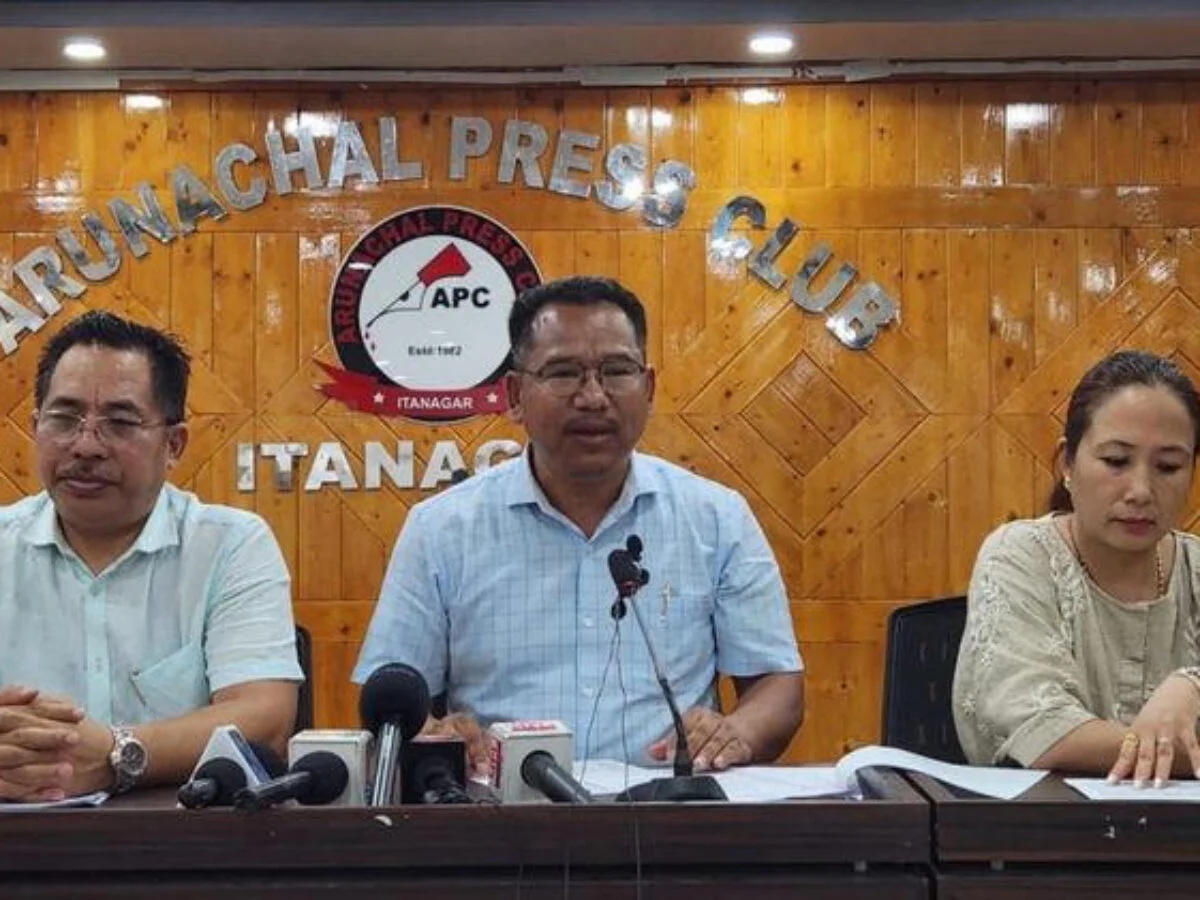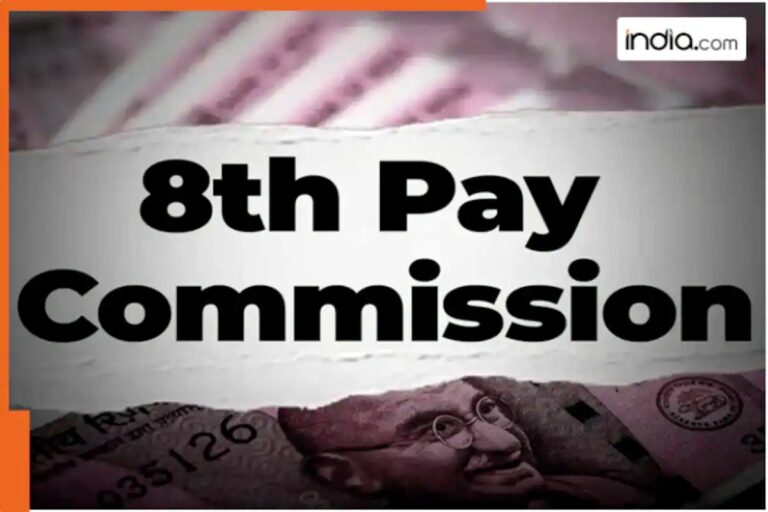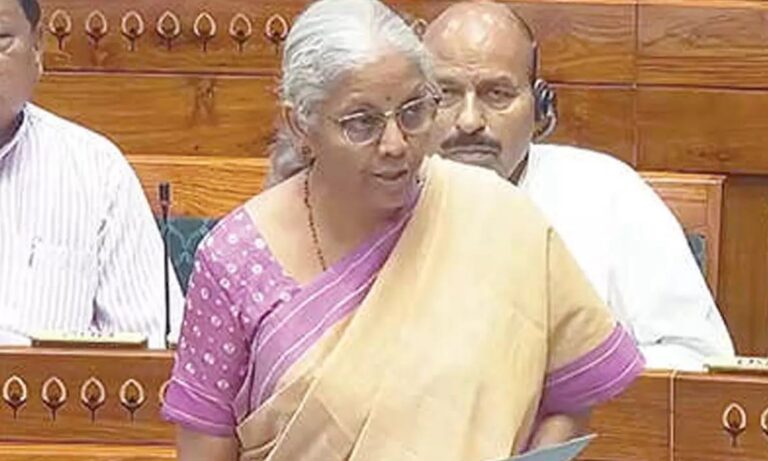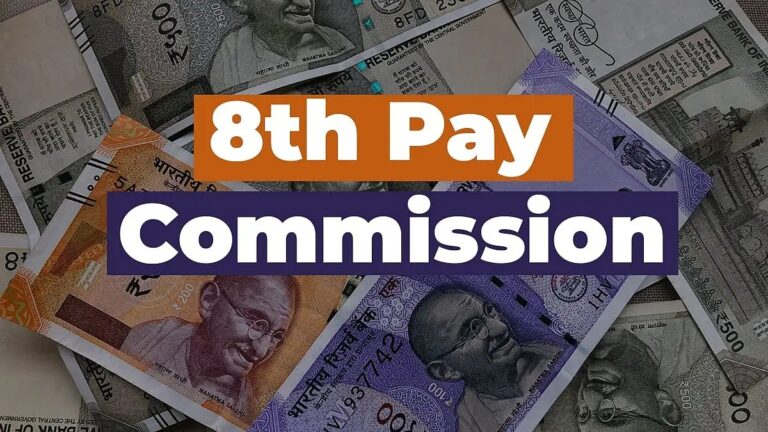
Strike Dates and Core Demands Set for July 9 Protest
Government employees across Arunachal Pradesh are set to participate in a coordinated strike on July 9, marking a pivotal moment in the ongoing labor movement. Led by the National Joint Council of Action (NJCA), the protest aims to address long-standing grievances related to pension schemes, pay structures, and job security. Central to the demands is the restoration of the old pension system, which employees argue provides greater financial stability compared to the National Pension System (NPS). Additionally, workers are pushing for revisions to the 7th Pay Commission recommendations, citing disparities in pay scales across different ranks. The strike also seeks to regularize contractual staff, ensuring they receive equal benefits and job security akin to permanent employees. These demands have garnered widespread support from state-level unions, who emphasize the need for systemic reforms to address systemic inequities in employment policies.
Union Solidarity and Government Neglect as Catalysts for Protest
The decision to escalate the protest follows months of failed negotiations with the central government. Employee associations across Arunachal Pradesh have condemned the lack of responsiveness to repeated appeals, framing the strike as a last resort to pressure policymakers. The Confederation of Central Government Employees and Workers, along with state-level bodies, has urged participants to maintain peaceful conduct while emphasizing the collective power of unified action. Rajiv Yangfo, a prominent union member, highlighted that the strike transcends financial concerns, representing a broader fight for dignity and long-term family security. With the central government’s inaction, unions warn that the movement could evolve into more sustained protests, potentially involving multiple sectors such as education, healthcare, and public services.
Service Disruptions and Public Reactions Amid the Strike
The strike is expected to disrupt essential operations in Arunachal Pradesh, with most government offices, schools, and public departments likely to remain closed on July 9. However, emergency services like hospitals and disaster response units will continue functioning to ensure public safety. Public sentiment remains divided, with supporters praising the strike as a necessary push for equitable policies and critics expressing concerns about the impact on daily life. Despite these mixed reactions, protesters maintain that their demands are justified and that the government must address systemic issues affecting millions of workers. The potential for widespread service interruptions underscores the high stakes of the protest, which could serve as a catalyst for broader labor reforms.
Future Protests and the Path Forward for Employees
The NJCA has made it clear that the July 9 strike is only the beginning of a larger campaign. Union leaders have warned that further regional and national actions will follow if the government fails to engage with their demands. This escalation reflects growing frustration with the status quo and highlights the need for urgent policy changes. As the movement gains momentum, it could draw attention to similar issues faced by employees in other states, potentially uniting labor groups across India in a common cause. With the strike serving as a powerful statement, the focus now shifts to whether the central government will heed the call for reform and address the systemic challenges facing its workforce.
Broader Implications for Labor Policies and Worker Rights
The Arunachal Pradesh strike has sparked a nationwide conversation about labor rights and the need for equitable employment policies. As union leaders stress the importance of collective action, the protest could influence similar movements in other states, particularly those with comparable issues regarding pension reforms and pay equity. The government’s response to this strike will likely set a precedent for how future labor disputes are managed, with implications for worker welfare and public sector stability. With the demands centered on fairness and long-term security, the protest underscores the critical role of employee representation in shaping policy outcomes and ensuring that labor rights remain a priority in governance.





